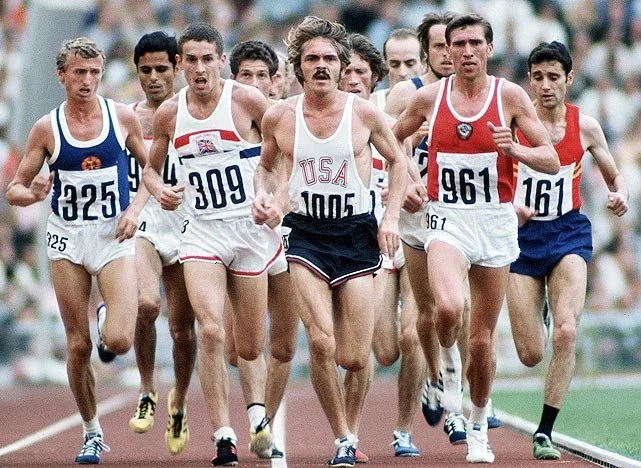![First, Elaine Thompson-Herah. Last, and a call for context, empathy: Sha'Carri Richardson]()
First and foremost, let us pay tribute to Elaine Thompson-Herah, winner Saturday of the women’s 100 at the Prefontaine Classic at Hayward Field in Eugene, Oregon. This summer, Thompson-Herah has cemented her status as one of the finest female sprinters of all time, if not the best.
In Tokyo, Thompson-Herah completed the two-time Olympic double-double, winning — again — the women’s 100 and 200, just as she did in Rio. Then, on Saturday in Eugene, she ran 10.54 to win the 100.
10.54.
This is the second-fastest 100 ever, behind only Florence Griffith-Joyner’s 10.49 in Indianapolis in 1988. It’s a bunch of other stuff, too — personal best (obviously); world lead (ditto); national, Diamond League and meet record (same) — but the important thing is that it’s only five-hundredths back of FloJo, and ETH, as she is known in track speak, is hot, and there are meets coming up, including in Lausanne, Switzerland, on Thursday, where she is already due to race, and it’s clear she wants 10.48 or lower.
That is one story. To be blunt, Elaine Thompson-Herah deserves far more credit than she is getting from the pack of journalistic sheep covering track and field. Way, way, way more.









